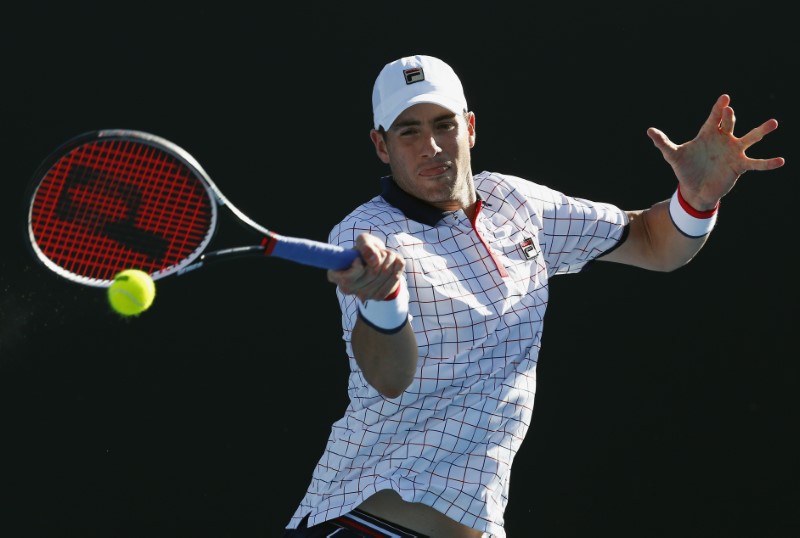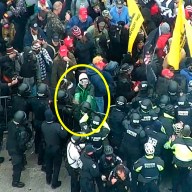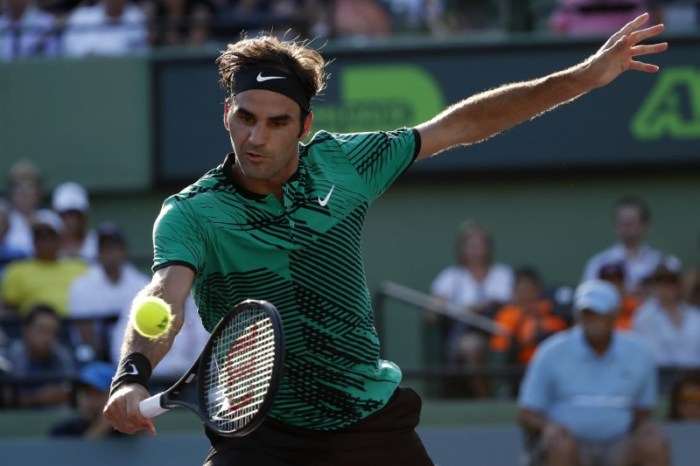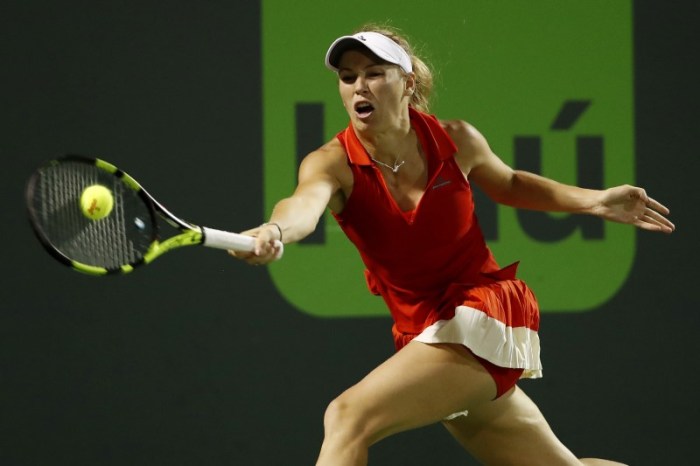MELBOURNE (Reuters) – Tennis players have come to dread being caught up in the phenomenon known as the ‘Isner trance’ – as Germany’s Mischa Zverev discovered at the Australian Open on Wednesday. Ever since John Isner emerged victorious from ‘the endless match’ at Wimbledon in 2010 – when he beat Nicolas Mahut in a three-day, 183-game epic lasting over 11 hours – the American has left a string of opponents feeling dazed and confused. On day three in Melbourne, Zverev was sucked into a whirlwind for over four hours, lost his bearings and lost track of the score against the tall American.
He somehow survived the ordeal to reach the third round with a 6-7(4) 6-7(4) 6-4 7-6(7) 9-7 triumph over Isner.
“Honestly, I just felt weird. At times I didn’t even know the score. I think in the fourth (set) I had love-40 on his serve and I didn’t know that,” said the 29-year-old, whose younger brother Alexander made the second round on Tuesday. “Then saving match point at 5-4 in the fourth, I also didn’t know it was match point. I thought it was 4-3.
“In the fifth set… I didn’t know if it was 9-7 or 10-8.”
Struggling to keep score in an Isner match is nothing new – in 2010 even the Wimbledon courtside scoreboard could not keep up as it got stuck midway through a fifth set that ended 70-68 – but Zverev could at least rely on one person to save his day. “I kept looking to my box. Everybody is kind of nervous,” said the world number 50, who next faces Tunisia’s Malek Jaziri.
“My mum is the only one smiling and laughing the whole time. She’s like ‘Whatever, it’s going to be fine.’ I think that helped me a lot.”
THE WRINGER
However, he did feel guilty for putting the family through the wringer because for the second day running, his parents had to watch a son survive a five-set thriller.
“At one point I thought about Sascha (Alexander) winning in five sets yesterday… I felt like maybe I could do the same today,” said Mischa.
“I looked at my dad. I am like, Poor him. He has to watch five sets of Sascha yesterday, now he’s watching five sets of me. He must be struggling inside.”
But Mischa has endured much worse. He considered quitting in 2014 as his ranking plummeted to 1,067 following a catalogue of injuries including a fractured wrist, two fractured ribs, a herniated disc in his lower back and a torn knee tendon. Seeing his teenage brother break into the world’s top 20 spurred him to make a comeback, and survive the Isner test.
“The last time I played third round in a slam was Wimbledon in 2008. It’s been a long time. I couldn’t believe it,” said an emotional Mischa.
“I’ve never actually won a best-of-five match if I haven’t won the first two sets. So being down two sets to love is a whole other story, especially against John Isner.
“Trying to return his serve for four hours is really frustrating…
“I was so happy that tears were coming. That was the moment you train for, you live for as a tennis player.”
(Writing by Pritha Sarkar, editing by Ken Ferris)
Mischa Zverev emerges from Isner trance to progress

Reuters


















